The 2025 international summer school “Artificial Evolution: Harnessing Mutagenesis, Genomics, and Computational Power in Modern Genetics” concluded on July 19, 2025, after three vibrant weeks of immersive scientific training, collaboration, and cultural exchange. Co-led by Professor Guangshuo Ou (Tsinghua University) and Professor Yanlan Mao (University College London), the program brought together a global cohort of outstanding undergraduate students and faculty to explore cutting-edge topics at the intersection of genetics and computation.
Held from June 29 to July 19 at Tsinghua University, the summer school hosted approximately 30 undergraduate students from across China, the UK, and the US—with one-third each from Tsinghua, UCL, and other prestigious institutions. With a faculty-to-student ratio of 1:2, participants benefited from personalized mentorship by leading researchers from institutions including Tsinghua University, UCL, Yale University, the Centre for Genomic Regulation (Spain), Technion (Israel), Hokkaido University, and Japan’s National Institute of Genetics, among others.
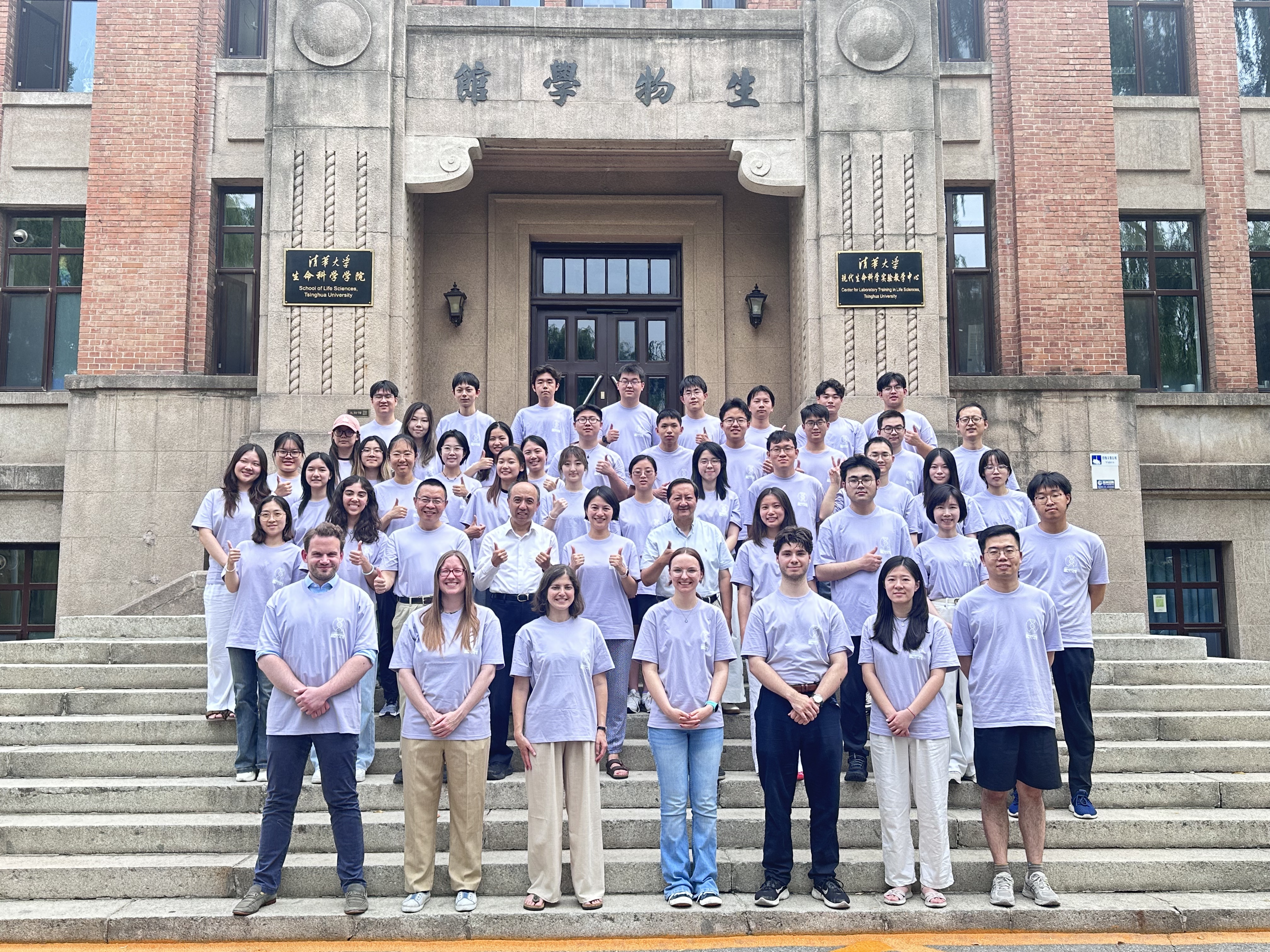
(Vice President of Tsinghua University Prof. Hongwei Wang and Vice Dean of the School of Life Sciences Prof. Dong Liu visit Summer School faculty and students.)
The course offered a hands-on, research-driven curriculum anchored in genetic screening using C. elegans and Drosophila, enhanced by computational training in mutation mapping by Prof. Jianbin Wang and molecular dynamics simulations by Prof. Yi Xue. Students investigated phenotypes ranging from classic "Dpy" and "Unc" traits to models of cancer, ciliopathies, and neurological disorders, while also exploring how organisms respond to environmental stressors—mirroring real-world biological complexity.
Beyond the lab, students engaged in cross-cultural teamwork and experienced Chinese history and culture through visits to the Great Wall, the Forbidden City, and other iconic sites. Evenings were filled with shared meals and conversation over Zhajiang noodles, hotpot, and other local delicacies, reinforcing the spirit of global friendship and collaboration.
A highlight of the program was the Symposium on Cell Structure and Function (July 12–13) at Tsinghua. Students had the rare opportunity to attend lectures and interact with leading scientists—including Thomas Surrey, Fumio Motegi, Guohong Li, Hitoshi Sawa, Nian Liu, Benjamin Podbilewicz, and Yanlan Mao—who shared groundbreaking research and personal stories behind landmark discoveries in the life sciences.
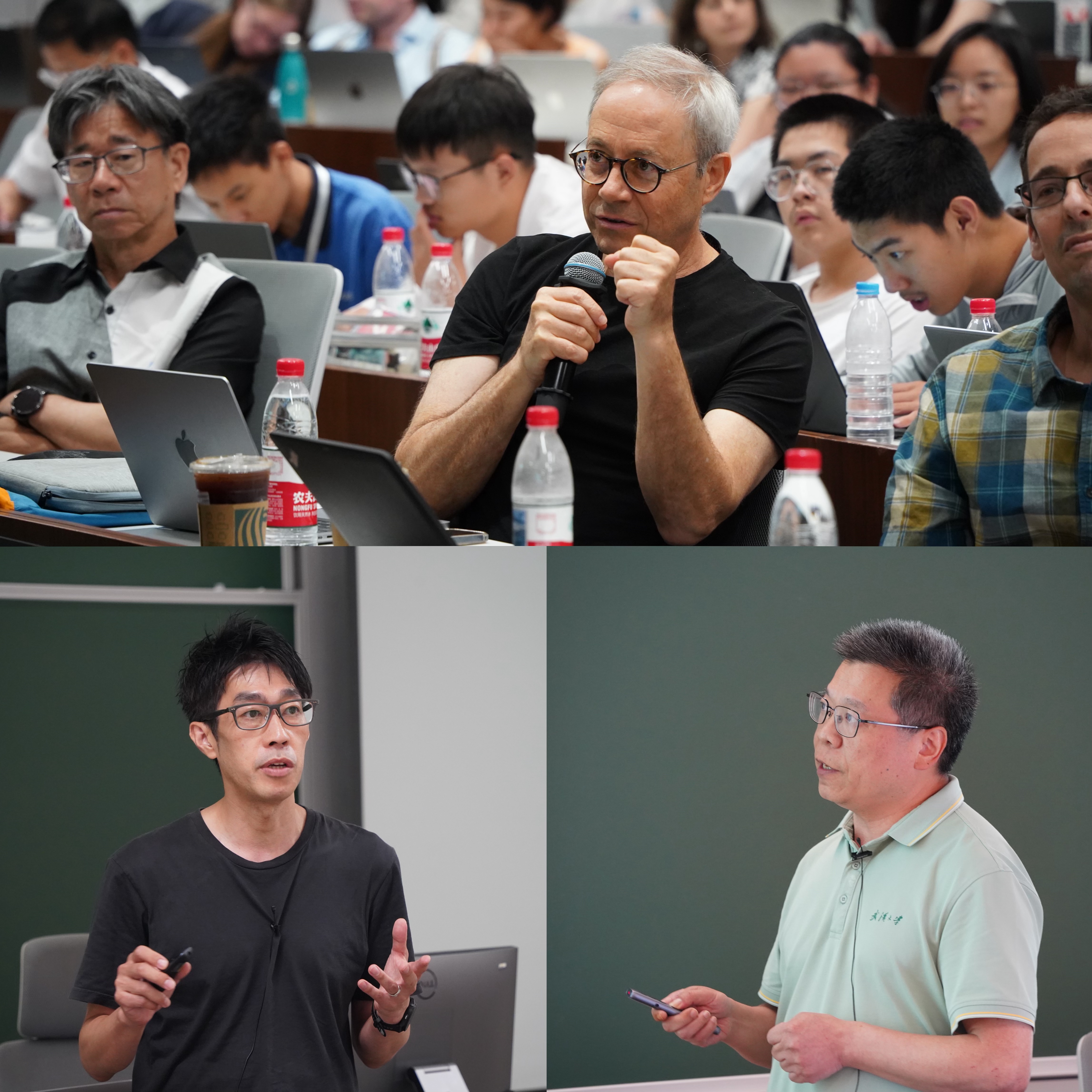
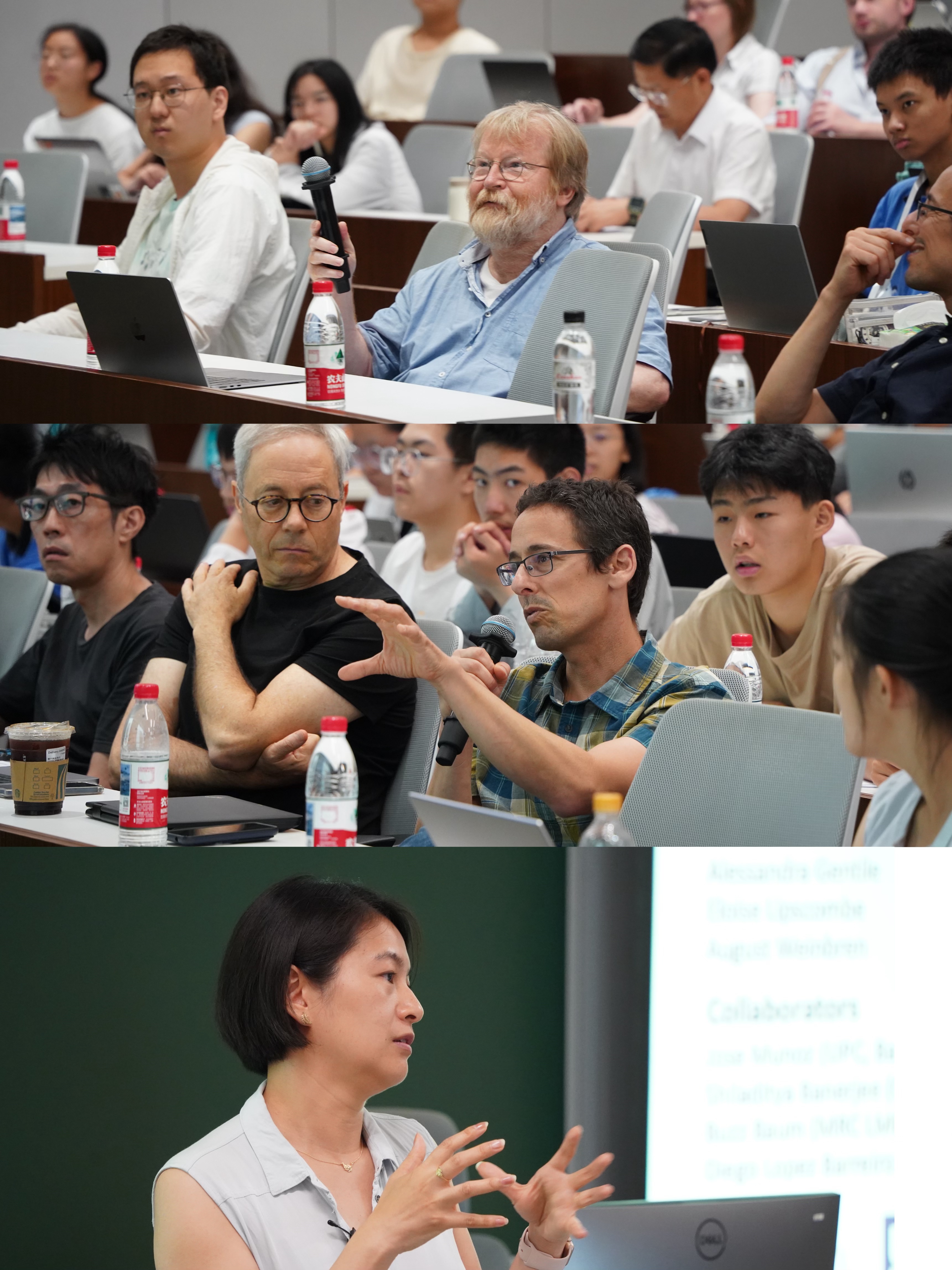
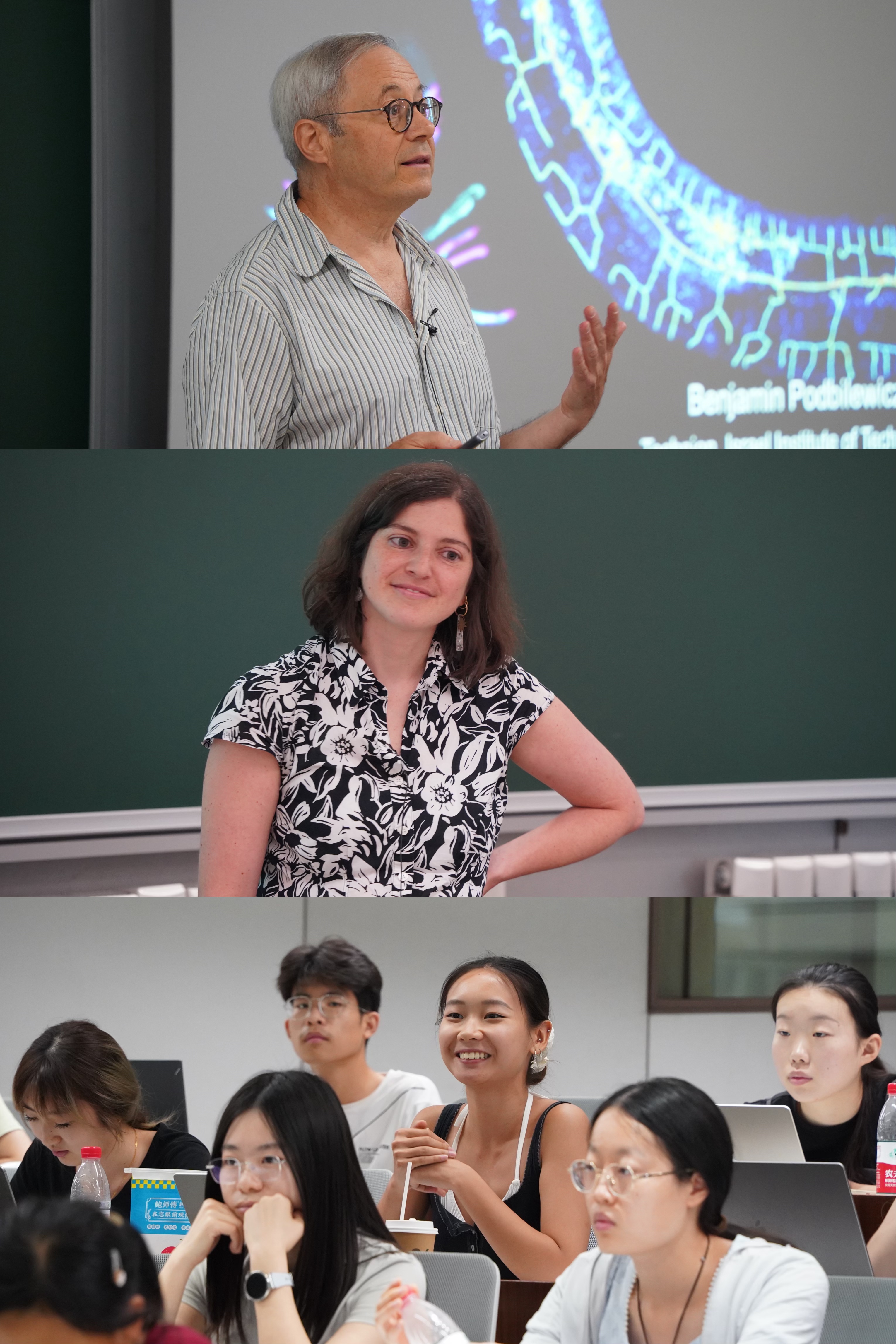
(“Cell Structure and Function” symposium alongside world-leading experts)
Both students and instructors expressed overwhelmingly positive feedback, noting the school’s unique structure, rigorous training, and inspiring environment. Many remarked that the experience was “transformative,” offering a model of scientific education rarely encountered in traditional classroom settings. As one student shared, “It’s not just what we learned, but how we learned it—through direct experimentation, computational analysis, and daily interactions with scientists and peers from around the world.”
With its success, the program has laid a strong foundation for future editions. Plans are already underway to expand the partnership, fostering the development of the next generation of scientific leaders.
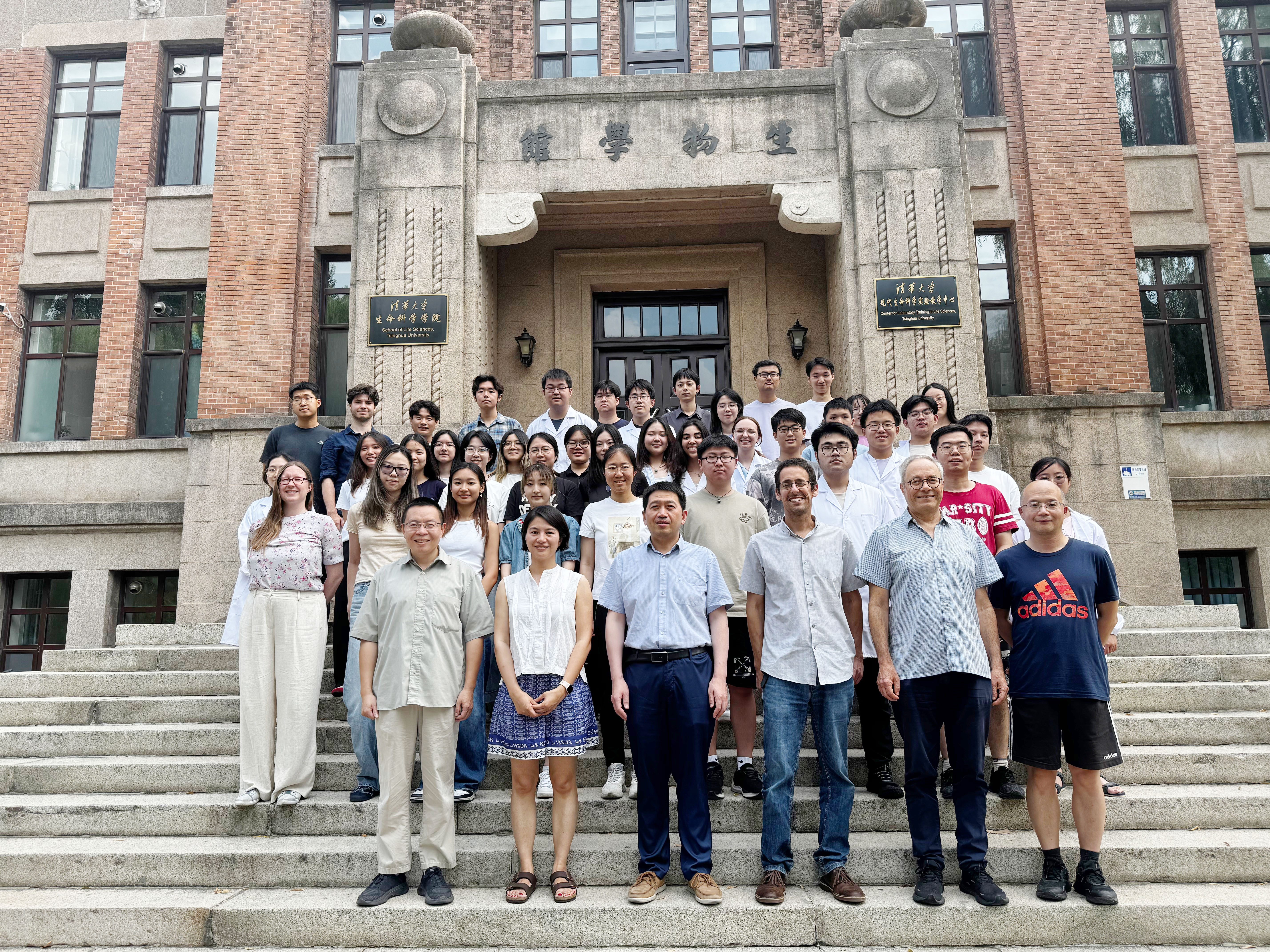
(Dean of the School of Life Sciences Prof. Songhai Shi visits Summer School faculty and students)
